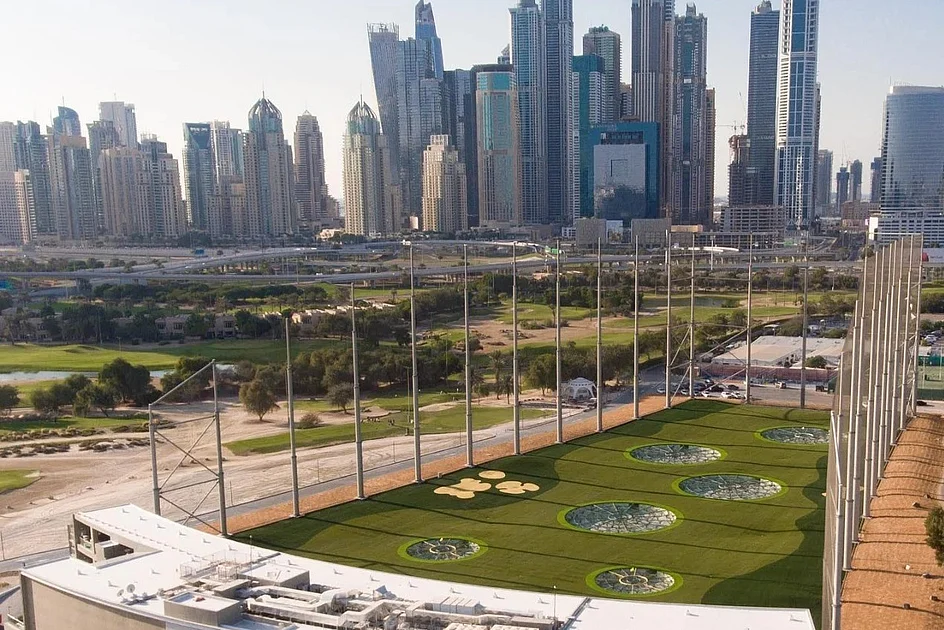

The global real estate landscape is undergoing rapid changes, driven by numerous shifts in consumer preferences and corporate goals across the sector. Several important variables are impacting key decisions, setting the stage for unique approaches to urban development. In order to thrive in such an ever-changing market, businesses today must embrace clear data, adaptive strategies, and innovative development approaches as key growth catalysts.
Promoting clear and transparent communication has become an increasingly important facet of the real estate industry. It has evolved from a benefit to a necessity, promoting trust and well-informed decision-making among lenders, occupiers, and investors. The 2024 Global real estate Transparency Index (GRETI) by JLL and LaSalle Investment Management evaluates 89 countries and 151 cities, assessing 256 metrics across six sub-indices. This comprehensive analysis demonstrates the growing demand for clear and easily accessible information among stakeholders, as well as its significance in attaining positive outcomes.
Nations that place a high value on clear regulations, sustainability metrics, and data-driven insights are progressively attracting more global capital. According to JLL’s 2024 Global real estate Transparency Index, the UAE has made significant strides towards promoting transparency in the global real estate market, with Dubai and Abu Dhabi ranking among the top five global performers on this front.

Evolving investment strategies
Recent years have seen a shift in investment strategies, as the residential, hospitality, and mixed-use sectors continue to grow alongside a resilient commercial market. In keeping with the UAE’s urban vision, investors are becoming more attentive to mixed-use developments, branded residences, and hospitality-led projects as they present greater flexibility and long-term value. Notably, the region’s rapid economic growth and corporate relocations have also driven a demand for high-quality office spaces.
Progressive developers
In addition to these variables, modern developers are adapting to regional and worldwide trends by rethinking spaces to satisfy evolving needs and prioritise mixed-use projects that effectively combine commercial, residential, and recreational amenities. In addition to aligning with evolving investment priorities, this strategic approach maximises convenience and lifestyle appeal by meeting the growing demand for integrated, flexible living and working environments.
Over the coming years, global real estate performance will continue to vary across geographies and property types. Developers and investors are better positioned to take the lead and discover new growth prospects if they concentrate on market insights, strategic diversification, and digital innovation. This confirms that a proactive, data-driven, and sustainability-focused approach to development and investment will be crucial for success in 2025.
The writer is chief executive officer and board member of Union Properties.






